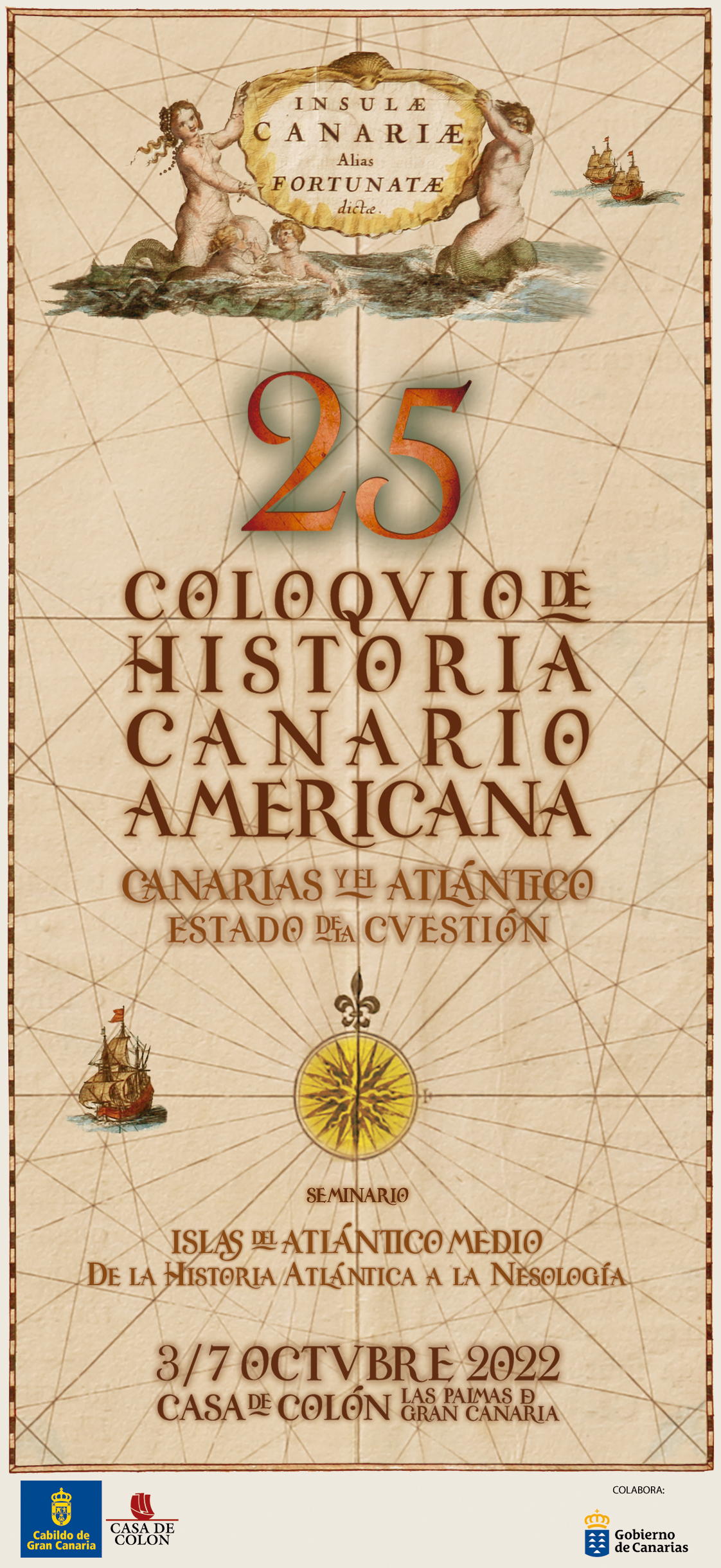«El único botín que consiguieron fueron cuatro mujeres»: Le Canarien y la conceptualización de las mujeres canarias por la cristiandad europea/ “The Only Spoils they got were Four Women”: Le Canarien and European Christianity Concept of the Canarian Women
Resumen
La crónica francesa de la conquista de Canarias es uno de los textos fundamentales para conocer el momento de contacto entre la cristiandad y las gentes infieles en los inicios de la Edad Moderna europea. Esta fuente aplica una visión etnocéntrica sobre los cuerpos conquistados y traslada los conceptos cristianos de pudor y pecado sobre las mujeres canarias, condenando los hábitos que se consideran impropios del ámbito femenino, por lo que se vuelca por primera vez la concepción de género cristiana sobre la población canaria. La visión económica del territorio incluirá también a los cuerpos para el negocio de la esclavitud, por lo que reflexionaremos a propósito del botín de conquista y sus consecuencias sobre las mujeres. Rescatamos las referencias de esta crónica y sumamos las de otros textos referidos al periodo y al resto del siglo XV para comprender como se armó este discurso colonial.
The French chronicle of the conquest of the Canary Islands is one of the most important texts to explain the moment of contact between Christianity and the infidel peoples at the beginning of the European Modern Age. This text applies an ethnocentric vision on the conquered bodies and transfers the Christian concepts of shame and sin on the Canarian women. They criticize the habits that are considered unacceptable of the feminine sphere, and for the first time the Christian conception of gender is applied to the Canary Islands population. The economic vision of the territory will also include the bodies for the slavery business, so we will reflect on the spoils of conquest and its consequences on women. We rescue the references of this chronicle and add those of other texts referring to the period and the rest of the fifteenth century to understand how this colonial discourse was formed.




